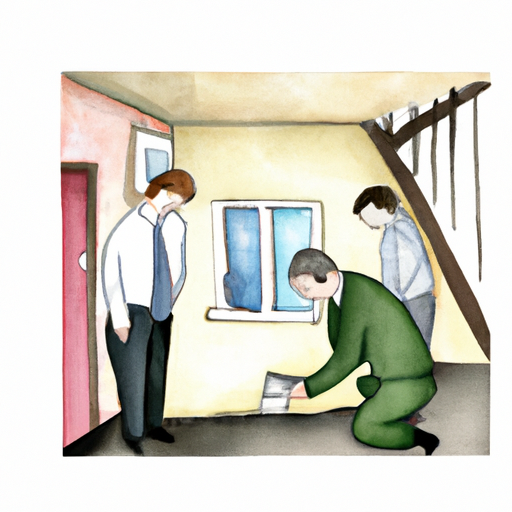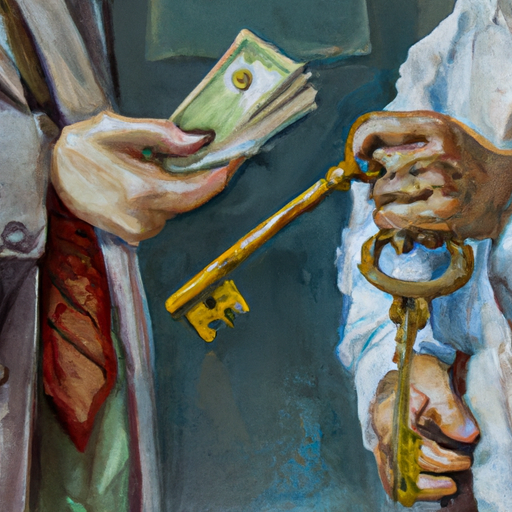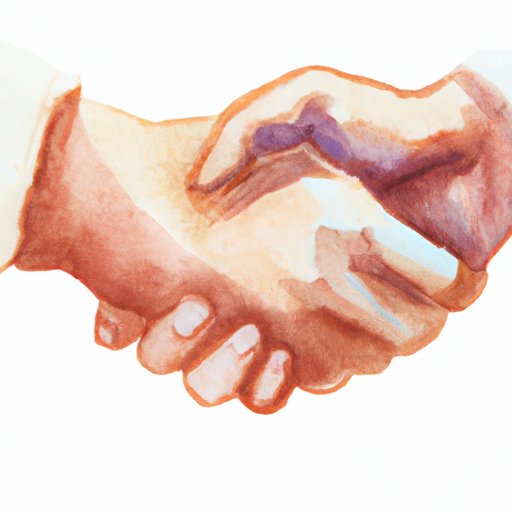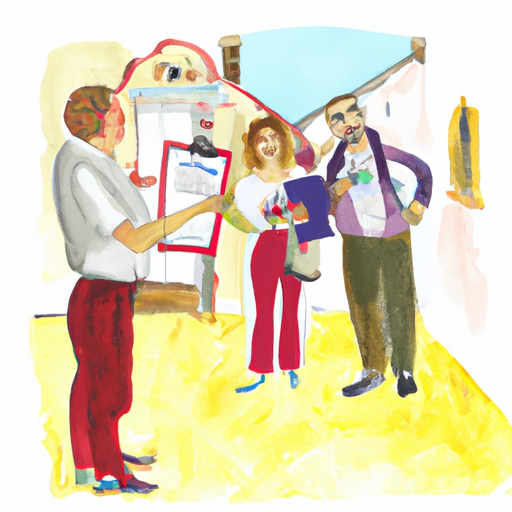This section addresses the basic responsibilities of landlords, including providing safe and livable conditions, complying with housing codes, and resolving problems promptly. It also emphasizes the importance of regular inspections, meeting financial and administrative responsibilities, building positive relationships with tenants, and communicating effectively when dealing with maintenance and repair issues.
Being a landlord comes with a lot of responsibilities. From ensuring the safety and habitability of rental properties to maintaining positive relationships with tenants, there are numerous legal obligations that landlords must meet. This comprehensive guide aims to give landlords a full understanding of their responsibilities, covering topics such as legal obligations, property maintenance, financial responsibilities, tenant relations and communication. By delving into each of these areas, landlords can gain the knowledge and tools they need to effectively navigate the challenges of being a responsible landlord. Whether you are an experienced landlord or just starting out, this article will be a valuable resource for understanding and fulfilling your role as a landlord.
- 1. Understanding Landlords’ Legal Obligations: A Comprehensive Guide to Landlord Responsibilities
- 2. Keeping your rental property safe and livable: essential responsibilities every landlord should know
- 3. Financial and administrative responsibilities: what landlords must do to meet their legal obligations
- 4. Tenant Relations and Communication: Building Positive Relationships and Conflict Resolution as a Landlord
- 5. Navigating Maintenance and Repairs: A Landlord’s Guide to Effectively Addressing Property Maintenance Issues
1. Understanding Landlords’ Legal Obligations: A Comprehensive Guide to Landlord Responsibilities

Being a landlord involves a wide range of responsibilities and legal obligations. Understanding these obligations is critical to ensuring a smooth and legal landlord-tenant relationship. This comprehensive guide aims to shed light on the key obligations that landlords must comply with.
First of all, landlords are obliged to provide their tenants with safe and habitable conditions. This includes maintaining the property in good condition, ensuring that the premises are not a health hazard, and complying with local housing codes and regulations. Landlords should regularly inspect the property for any potential hazards and remove them immediately.
In addition, landlords are responsible for maintaining basic communications and services such as electricity, heating and plumbing. It is their responsibility to ensure that these facilities are in good condition and available to tenants at all times. In the event of any problems, landlords must arrange for repairs or replacements immediately.
Another important duty of landlords is to respect the privacy of their tenants. This means that landlords must provide reasonable notice before entering a rental property, subject to an exception
2. Keeping your rental property safe and livable: essential responsibilities every landlord should know

When it comes to rental properties, landlords have a critical responsibility to ensure that the rental property is safe and habitable. This not only protects the welfare of tenants, but also ensures compliance with legal and ethical obligations. Here are some basic responsibilities that every landlord should be aware of in order to maintain a safe and livable rental property.
First and foremost, landlords must ensure that the property is structurally sound and free of any hazards. This includes regular inspections to identify any potential hazards such as faulty wiring, leaking pipes or structural deficiencies. Landlords must address these issues promptly to maintain a safe living environment for their tenants.
In addition to the physical structure, landlords must also ensure that the property meets basic health and safety requirements. This includes ensuring adequate heating and ventilation systems, as well as ensuring plumbing and electrical systems are in good working order. Landlords should also ensure that the property is free of pests and mould, as these can pose a serious health hazard to tenants.
3. Financial and administrative responsibilities: what landlords must do to meet their legal obligations

Landlords have a number of financial and administrative responsibilities that they must fulfill in order to fulfill their legal obligations. These duties not only ensure compliance with the law, but also contribute to the smooth operation of the leased property and the maintenance of positive relations with the tenants. Here are some basic financial and administrative responsibilities that landlords must fulfill:
1. Rent collection: One of the main responsibilities of a landlord is to collect rent from tenants in a timely manner. This includes setting clear payment terms and giving tenants different payment options, such as online payments or direct debit. Landlords must also keep accurate records of rental payments received to maintain a transparent financial system.
2. Security Deposits: Landlords often require tenants to pay a security deposit before moving into their rental property. These deposits serve as a form of protection against any damages or unpaid rent. Landlords must handle security deposits in accordance with local laws, which may include deposit protection schemes or specific instructions on how and when to return the deposit at the end of
4. Tenant Relations and Communication: Building Positive Relationships and Conflict Resolution as a Landlord

Building positive relationships and effectively resolving conflicts with tenants is the most important responsibility of landlords. Good tenant relations and open communication can create harmonious living environments, tenant satisfaction and long-term tenancies. However, conflicts are inevitable, and it is important for landlords to resolve them promptly and honestly.
To foster positive relationships with tenants, landlords should establish clear lines of communication from the outset. It is important to provide tenants with multiple ways to contact the landlord, whether by email, phone or in person. Regularly reviewing and responding to tenant inquiries, requests and concerns is vital to building trust and demonstrating a commitment to tenant satisfaction.
Another aspect of building positive relationships with tenants is effectively managing their expectations. Landlords must provide tenants with detailed information about property rules, regulations and any specific rules or procedures that must be followed. This transparency helps lay the foundation for a respectful, collaborative tenant-landlord relationship.
Resolve conflicts honestly and on time
5. Navigating Maintenance and Repairs: A Landlord’s Guide to Effectively Addressing Property Maintenance Issues

Navigating Maintenance and Repairs: A Landlord’s Guide to Effectively Addressing Property Maintenance Issues
As a landlord, one of your primary responsibilities is to ensure that your property is maintained and in good condition for your tenants. Not only does this help attract and retain tenants, it also keeps them safe and happy. However, dealing with maintenance and repair issues can be a difficult task if not handled effectively. Below are some important guidelines to help you carry out maintenance and repairs with ease:
1. Prompt Communication: Establishing clear and open lines of communication with your tenants is critical. Encourage them to report any service issues immediately and give them different ways to contact you, such as phone, email, or an online service request system. Respond to their concerns in a timely manner, acknowledging receipt of the request and providing an estimated timeframe for resolution.
2. Regular inspections: Carry out regular inspections of your property to catch any maintenance problems before they become serious. This proactive approach allows
In summary, as a landlord, you have a number of responsibilities that are critical to maintaining a safe and livable rental property, meeting legal obligations and building positive relationships with tenants. From understanding legal obligations to navigating maintenance and repairs, this comprehensive guide has highlighted the key responsibilities every landlord should be aware of. By fulfilling these responsibilities, landlords can ensure that their property is well maintained, tenants are satisfied, and their investment is protected. It’s important for landlords to keep abreast of changing laws and regulations, communicate effectively with tenants, and be diligent about financial and administrative duties. In this way, landlords can create a positive and mutually beneficial rental experience for both themselves and their tenants.
 Purex find
Purex find